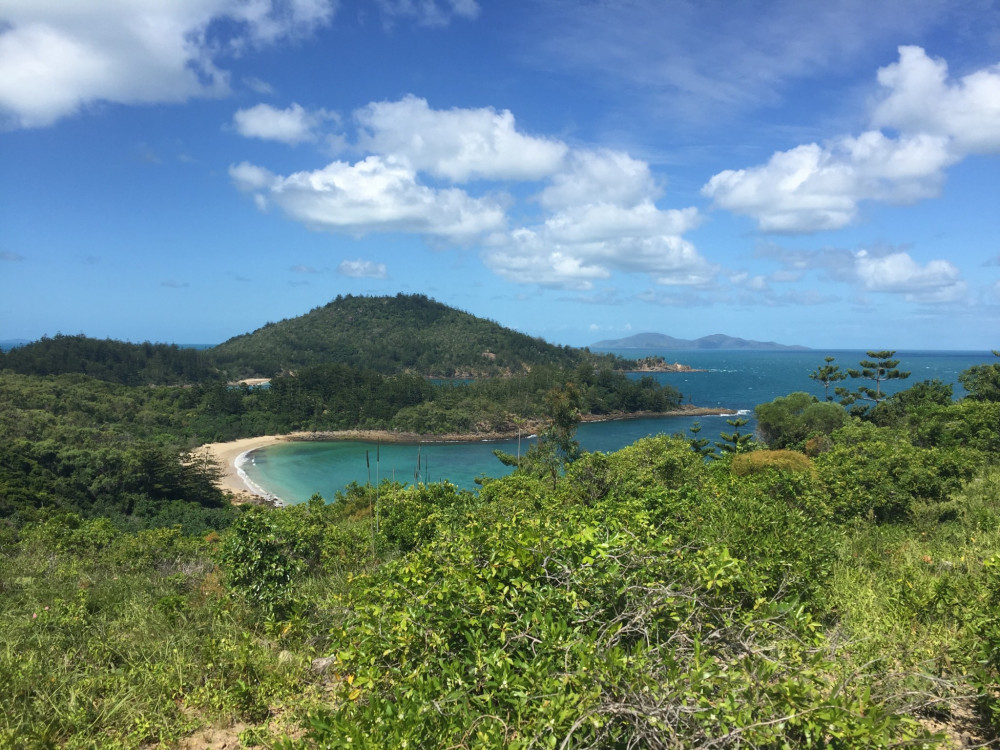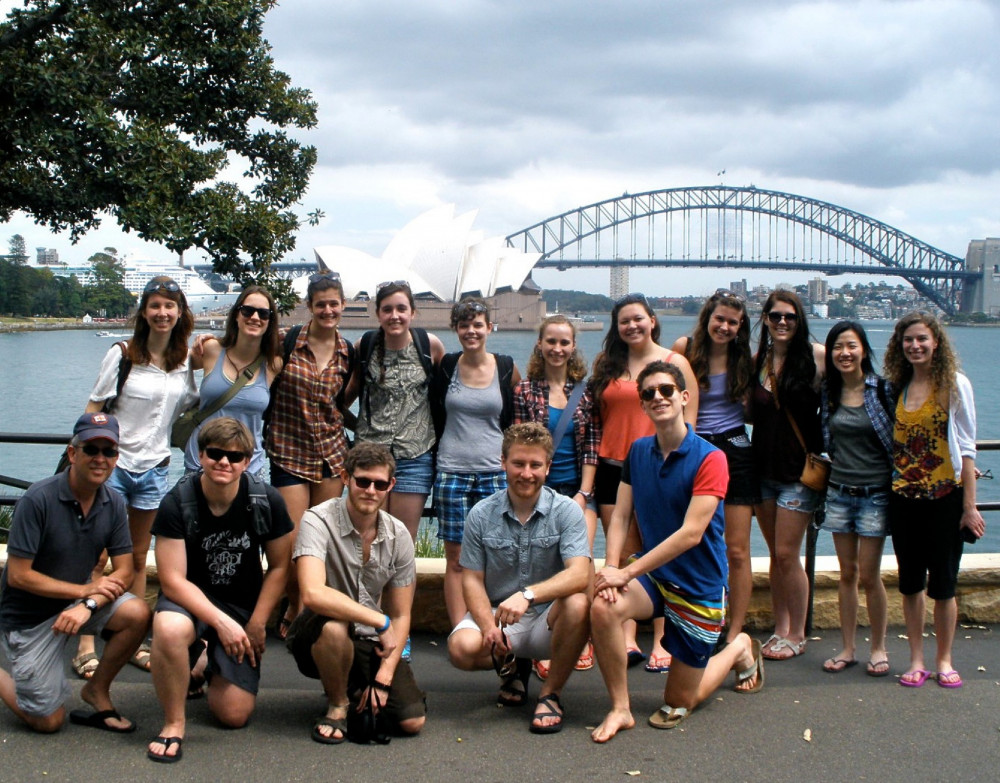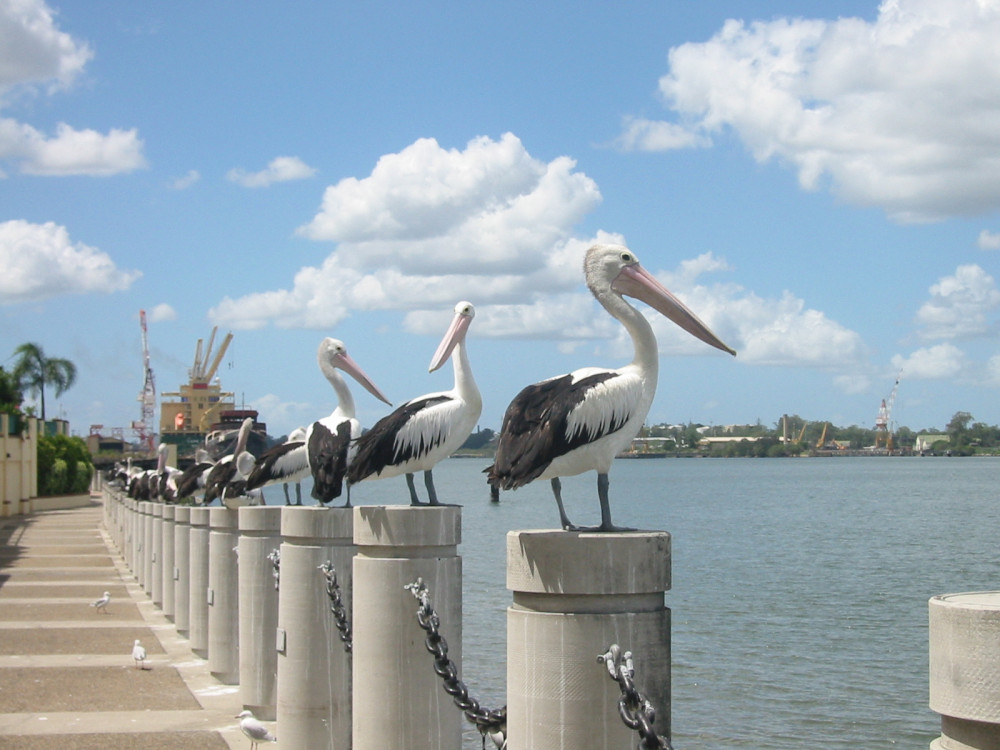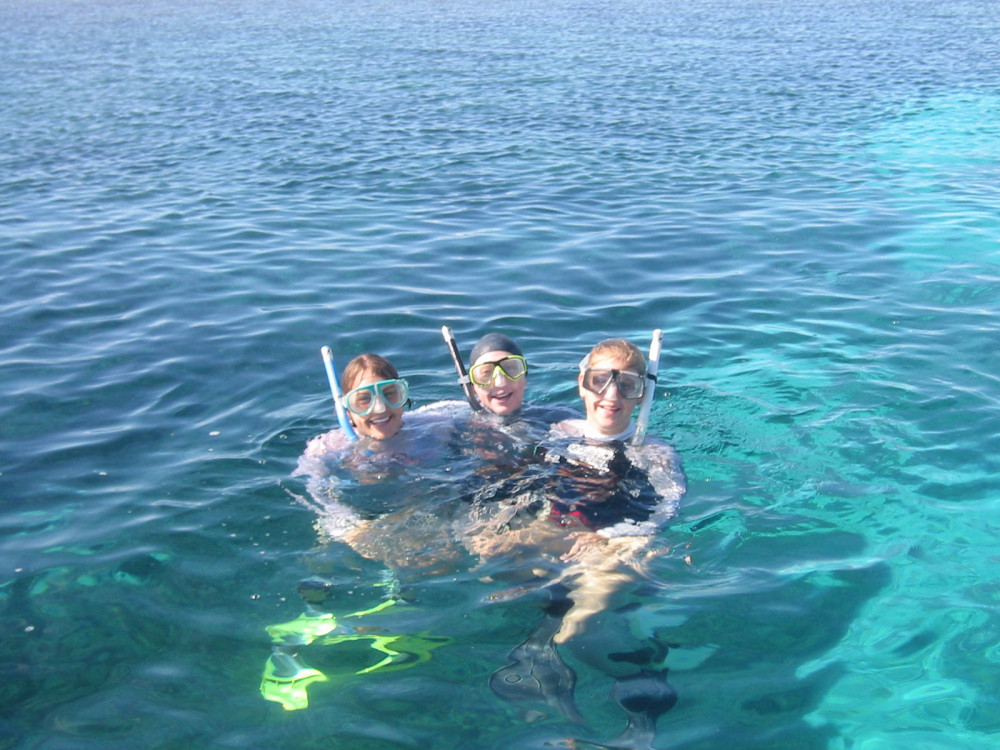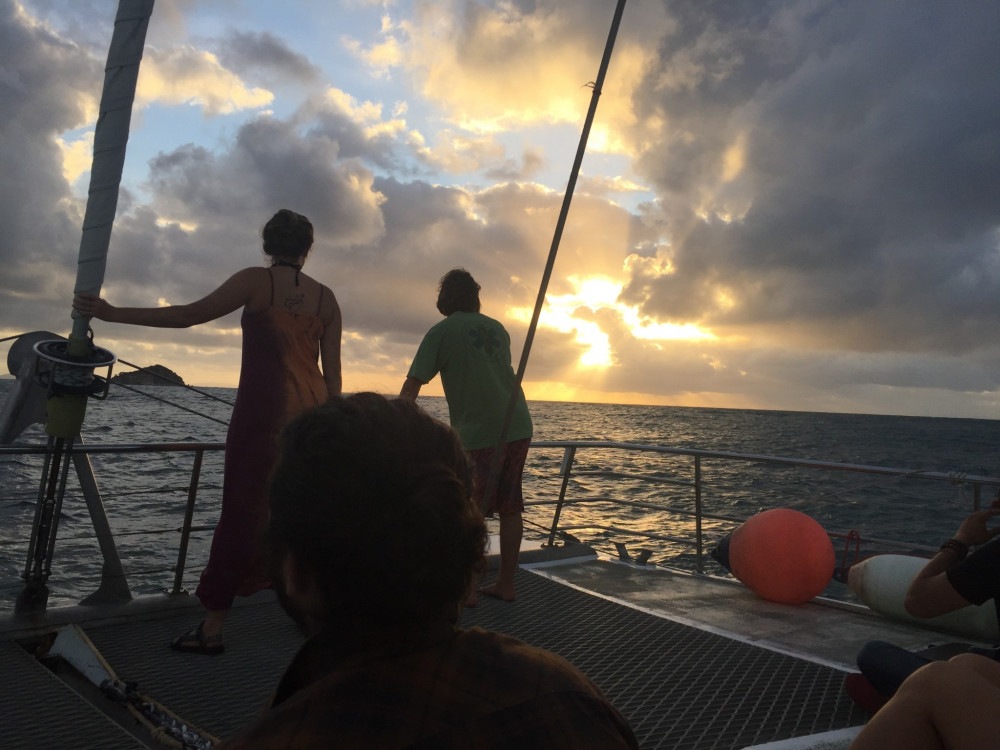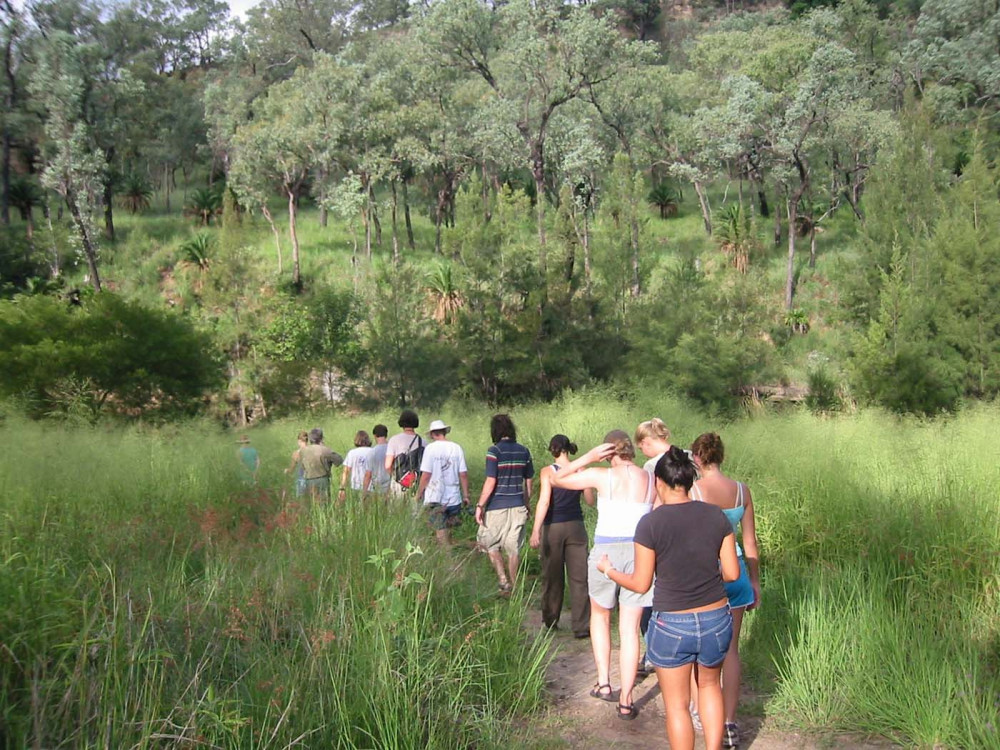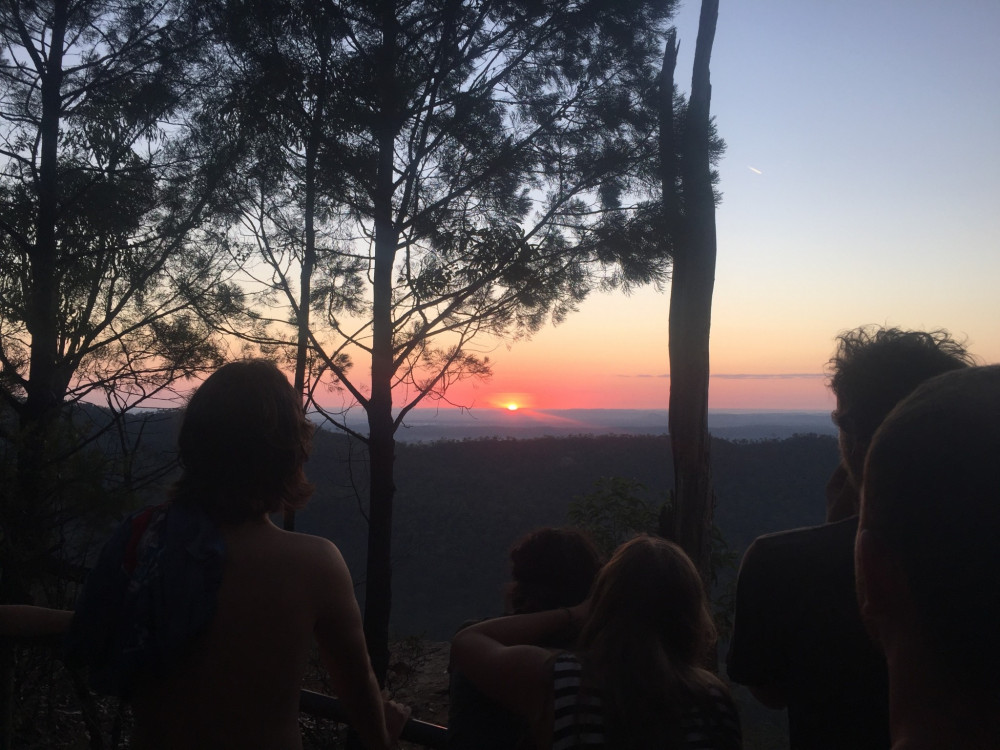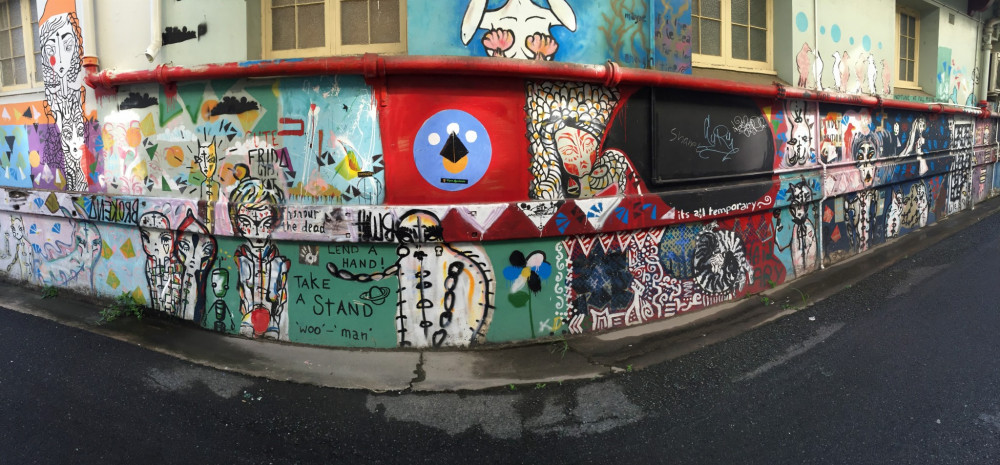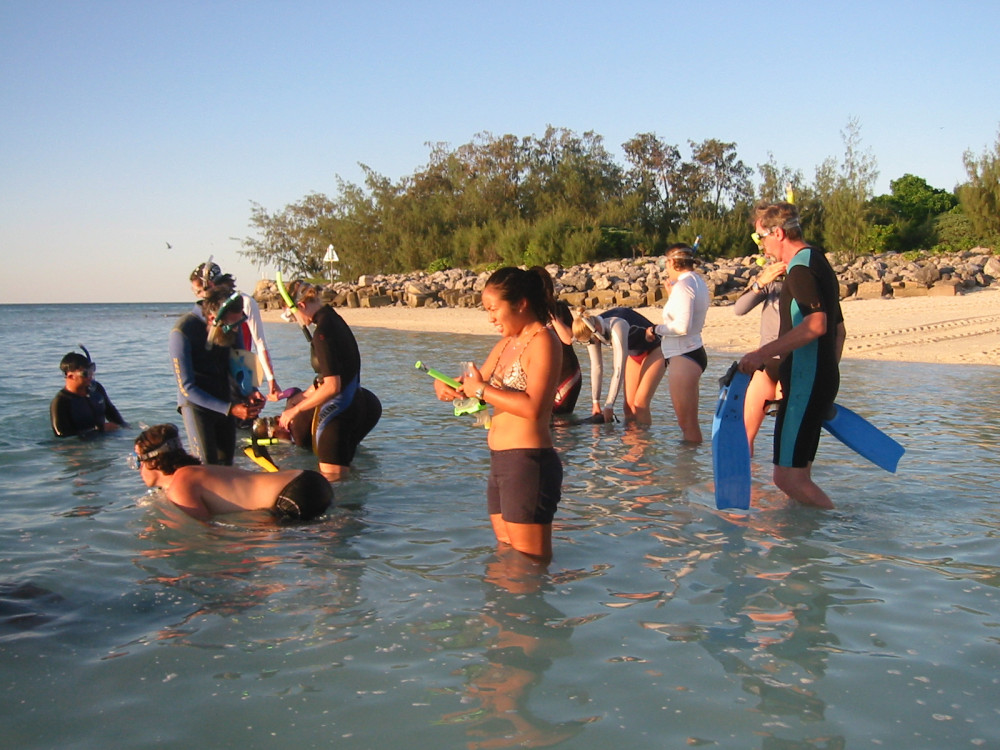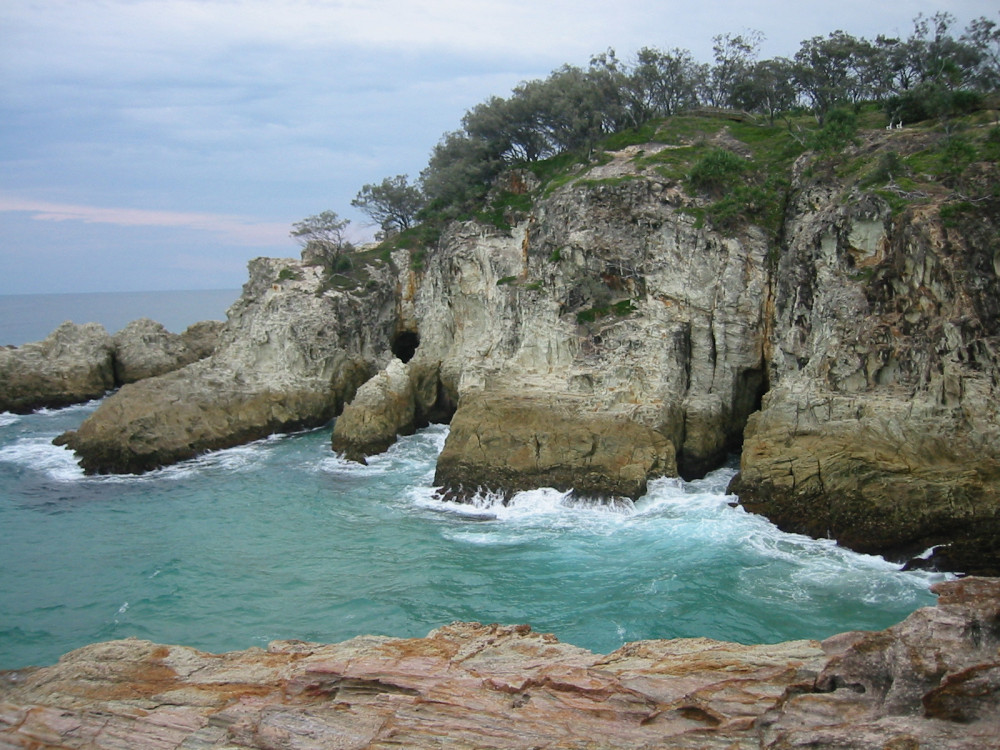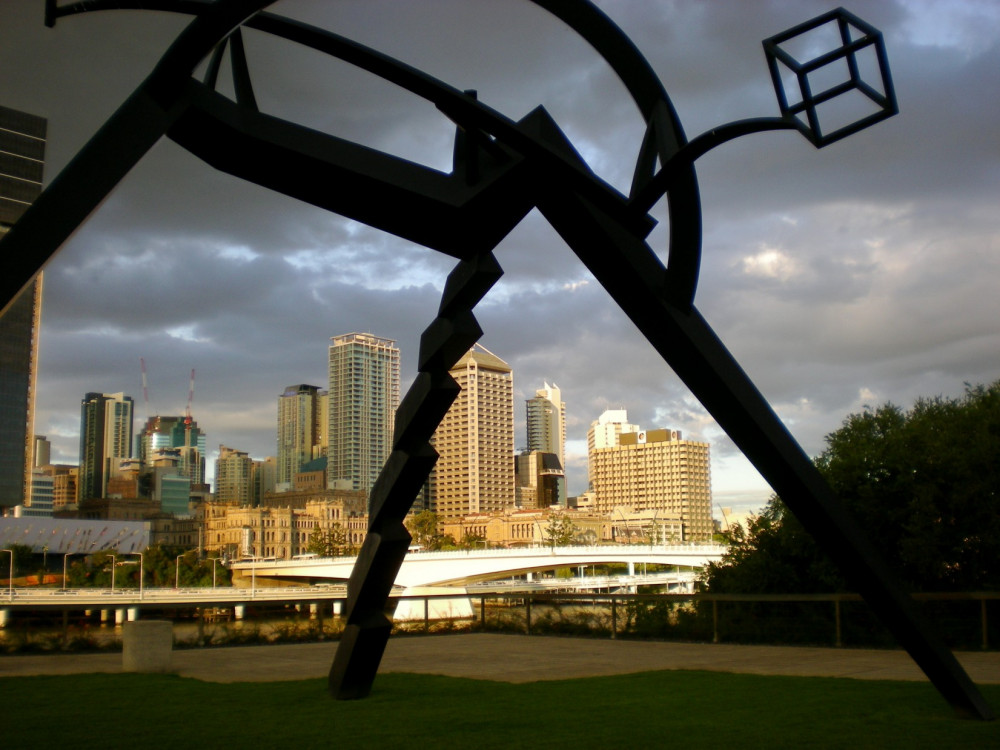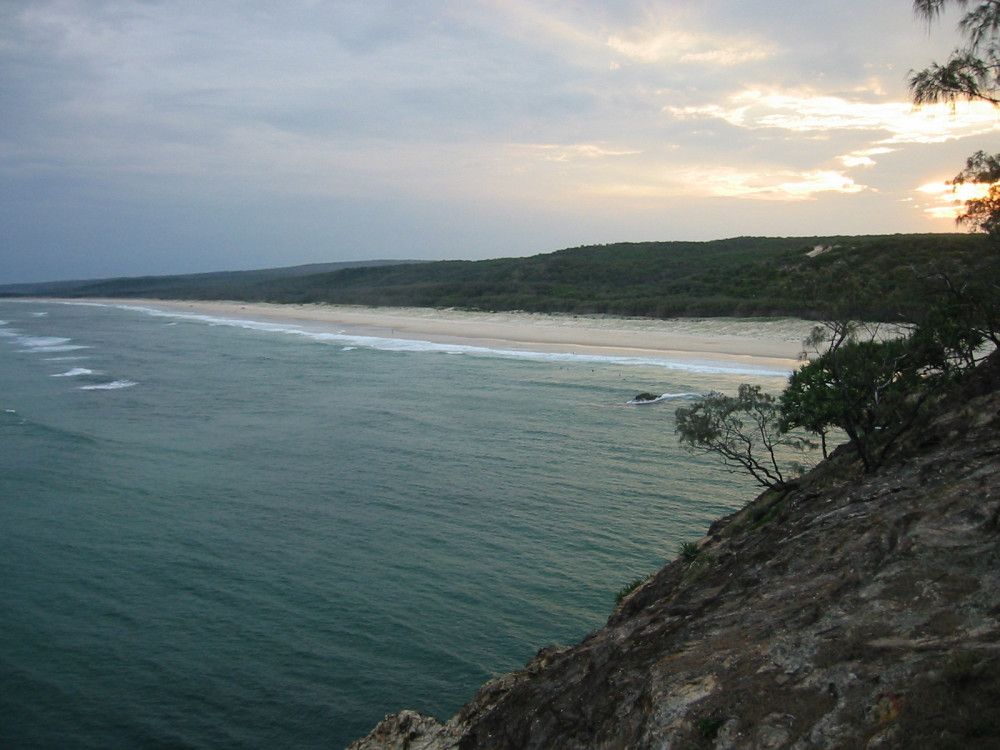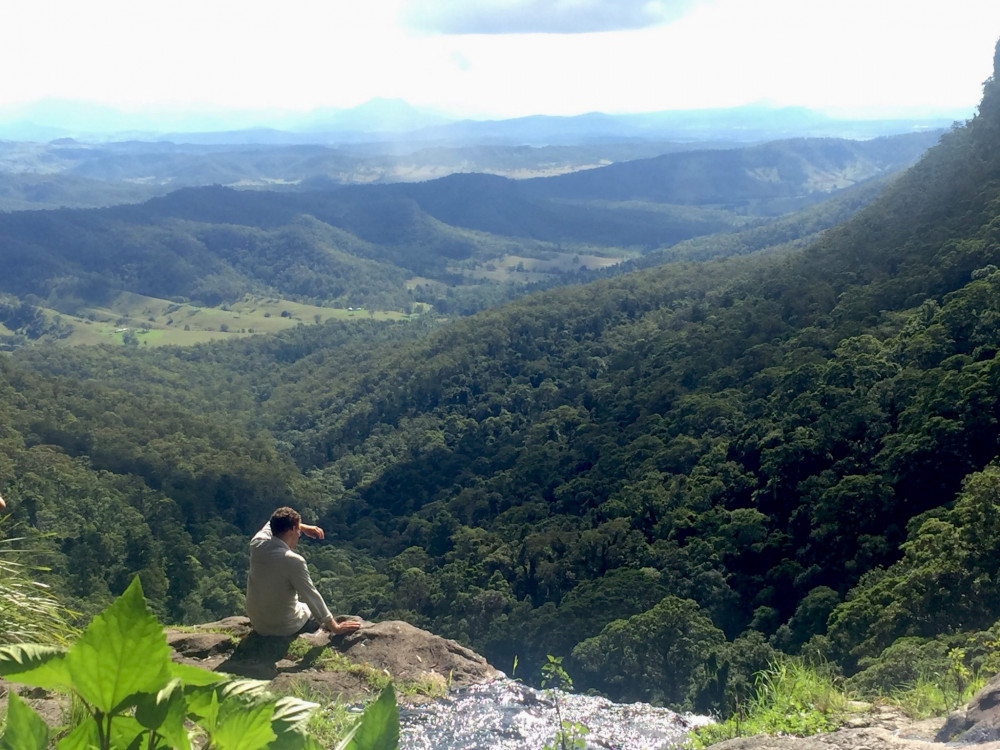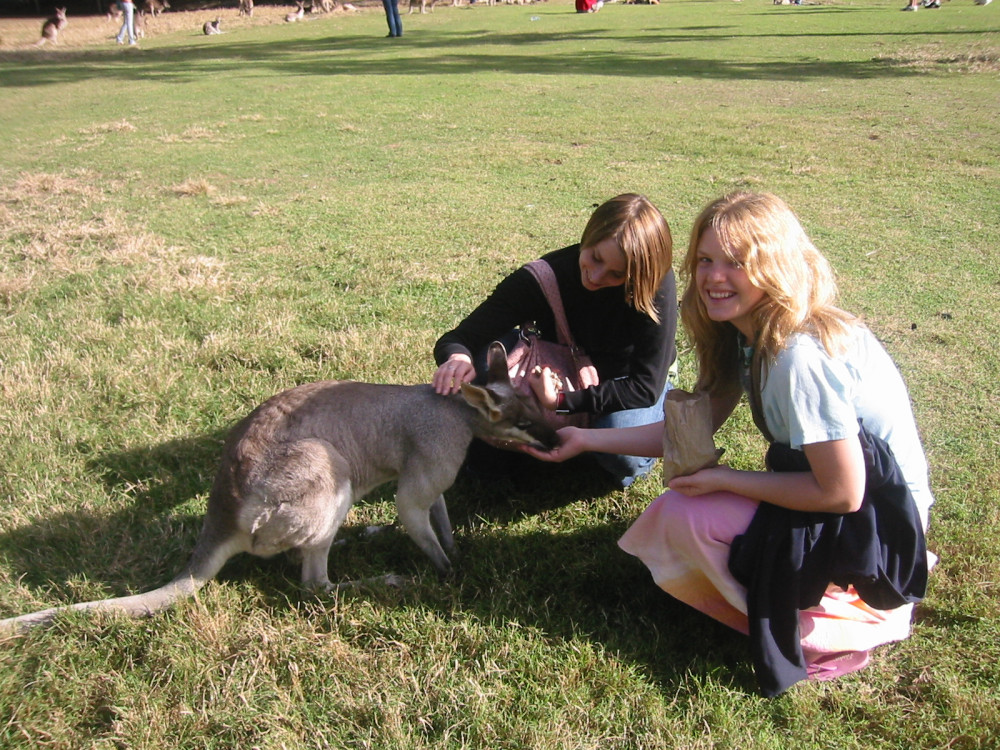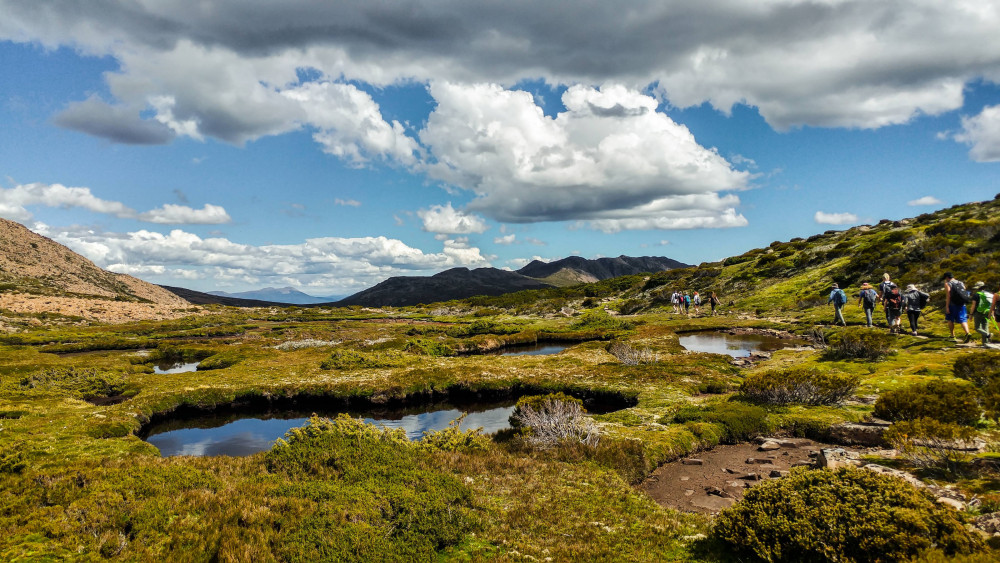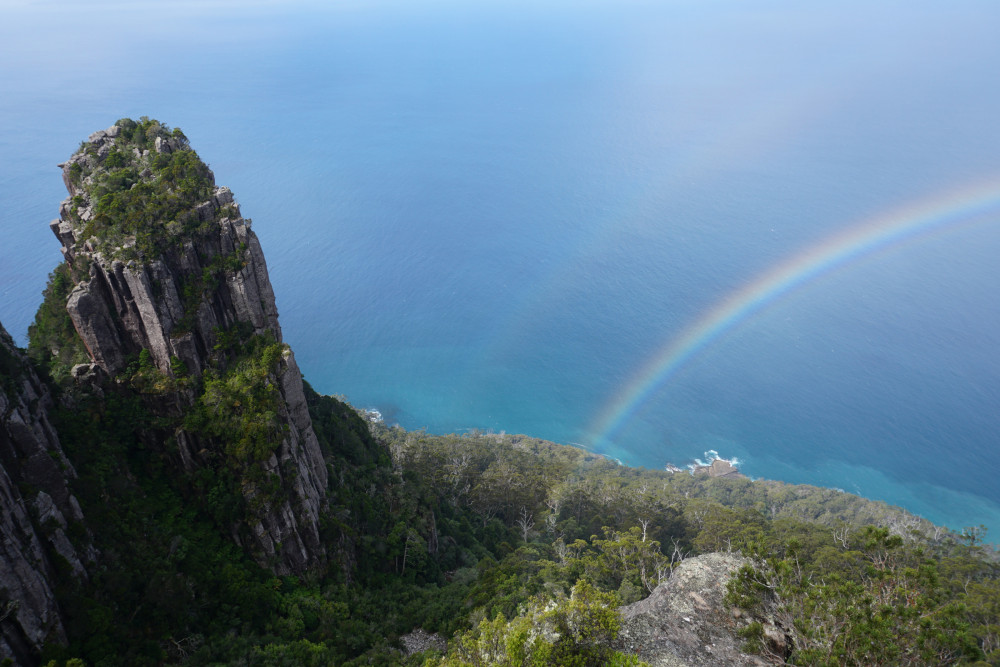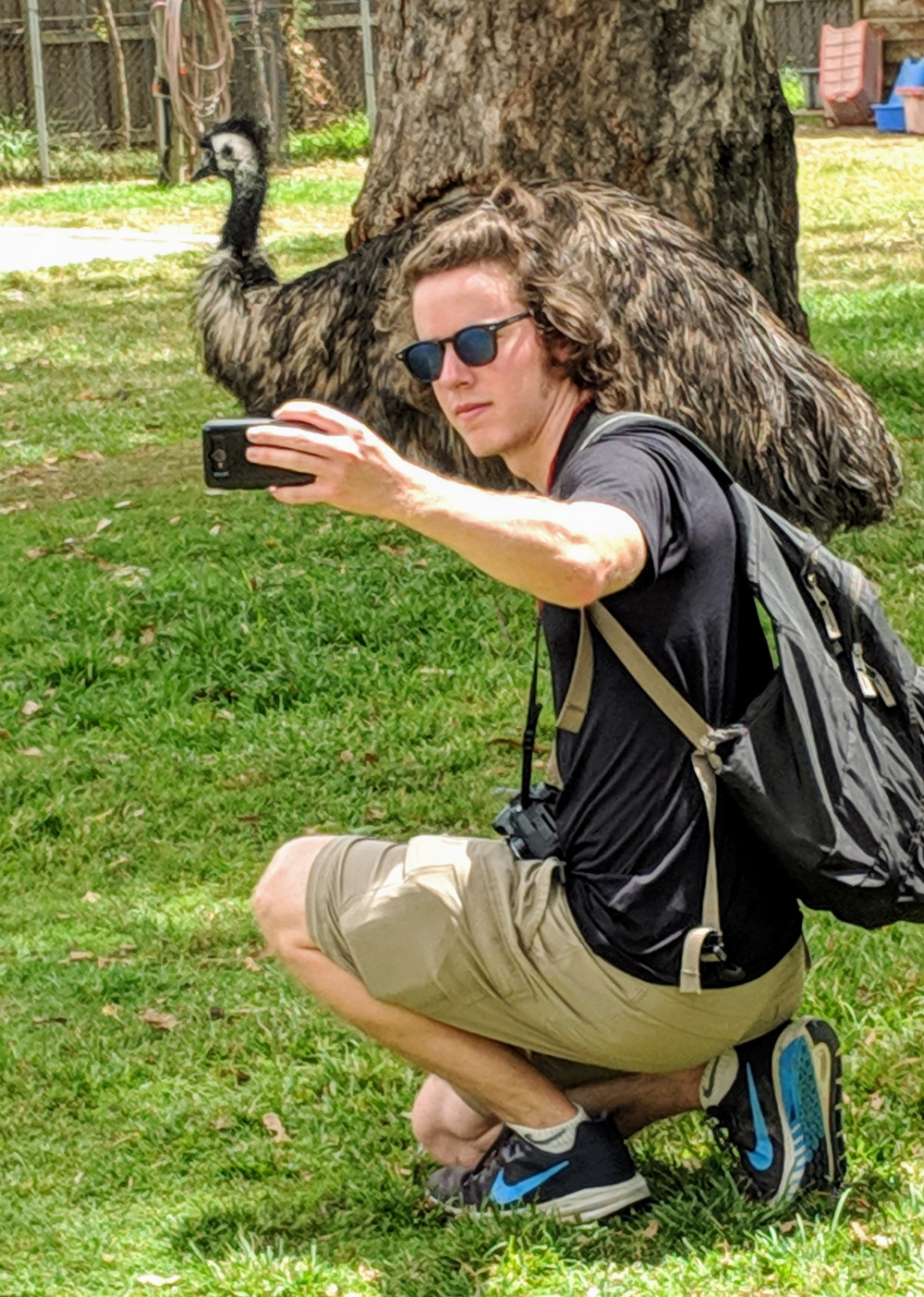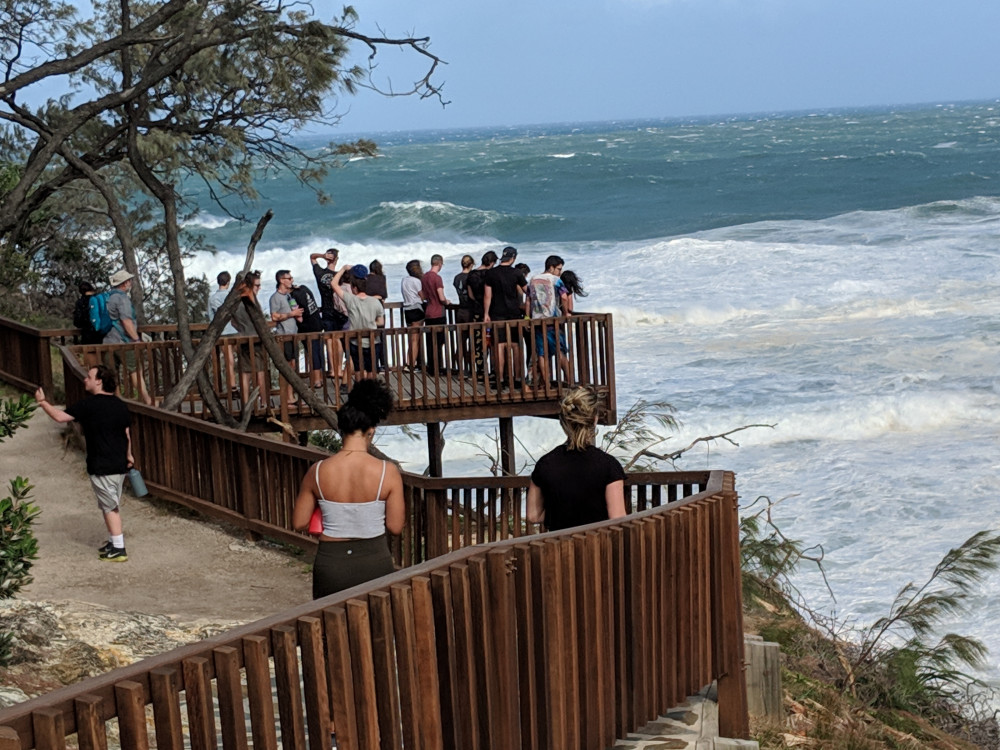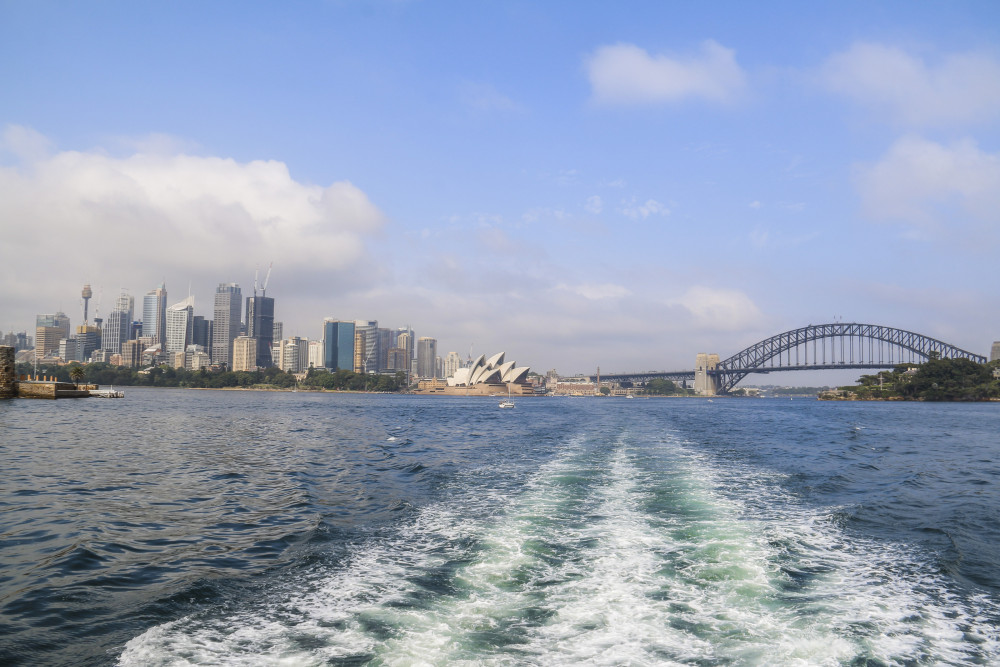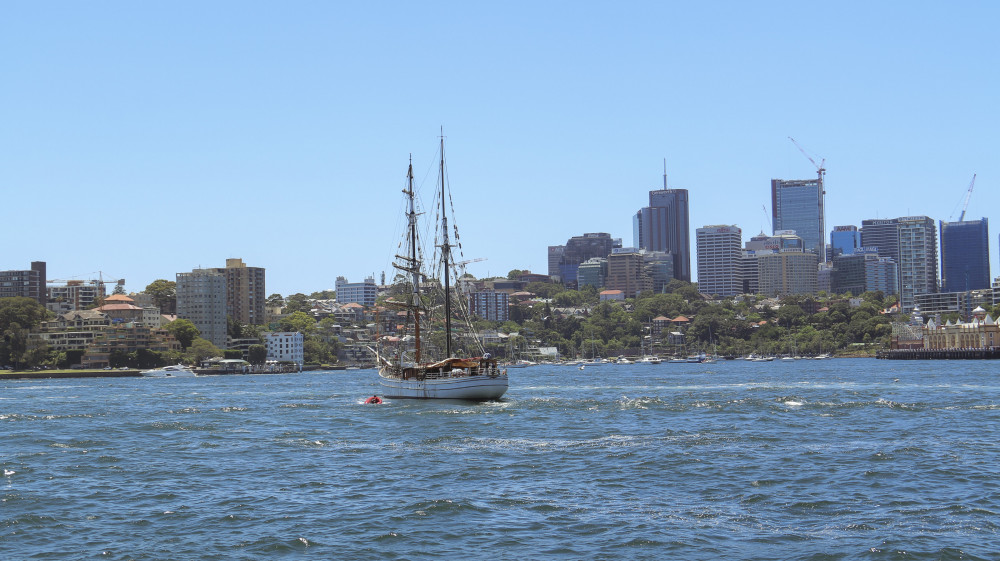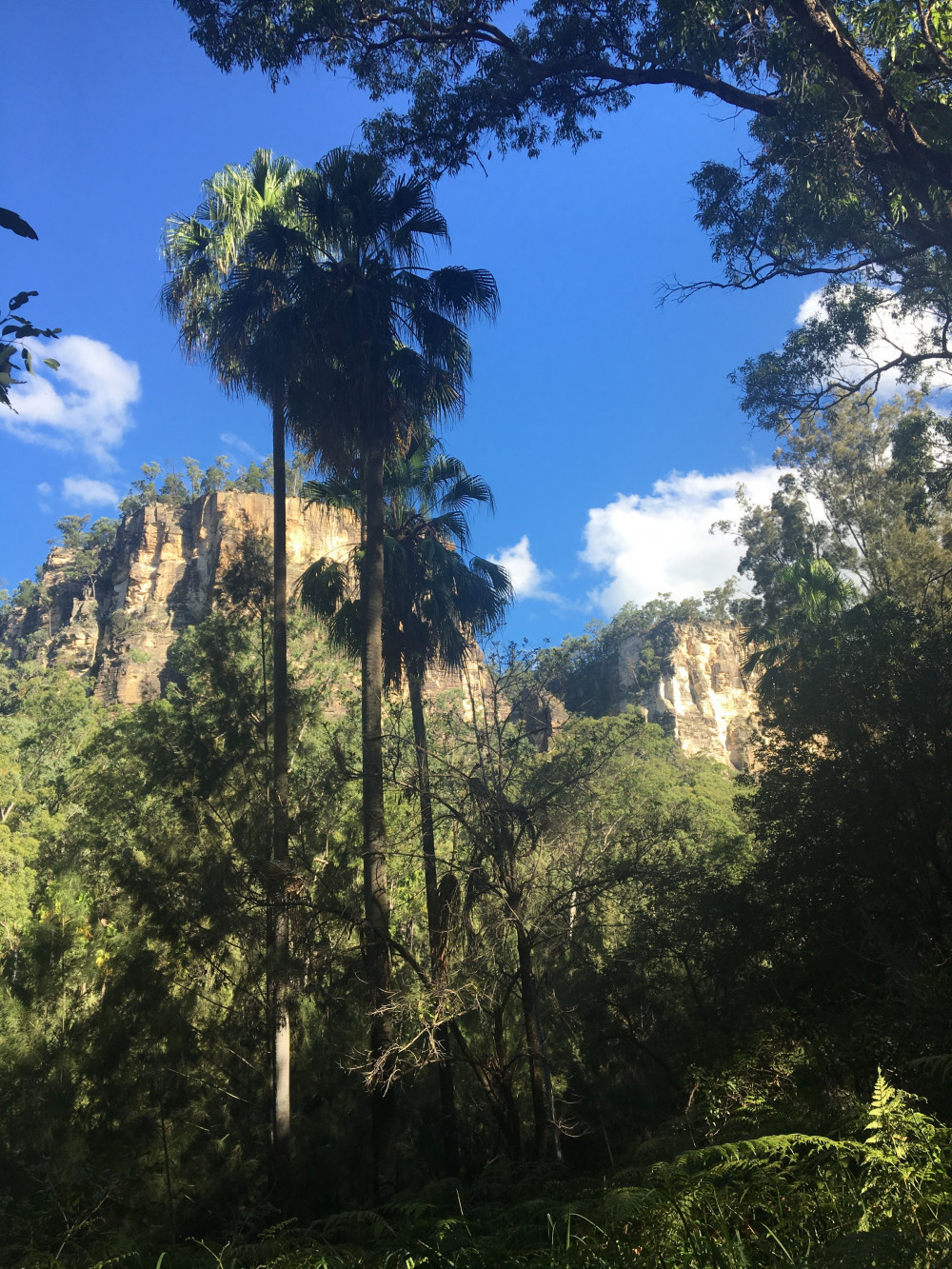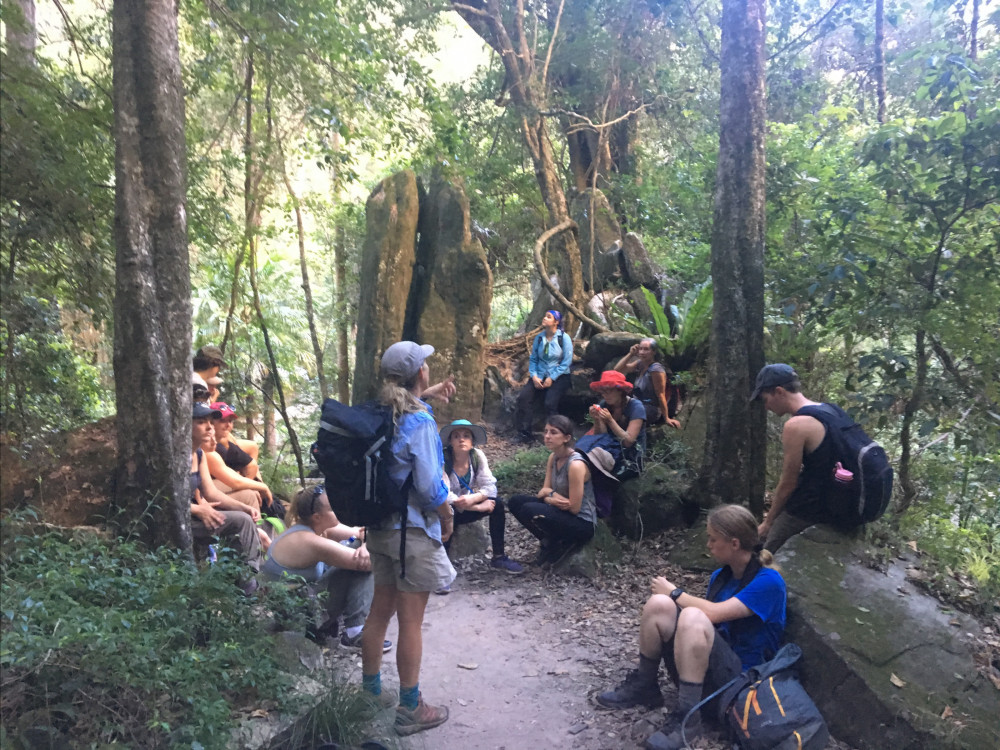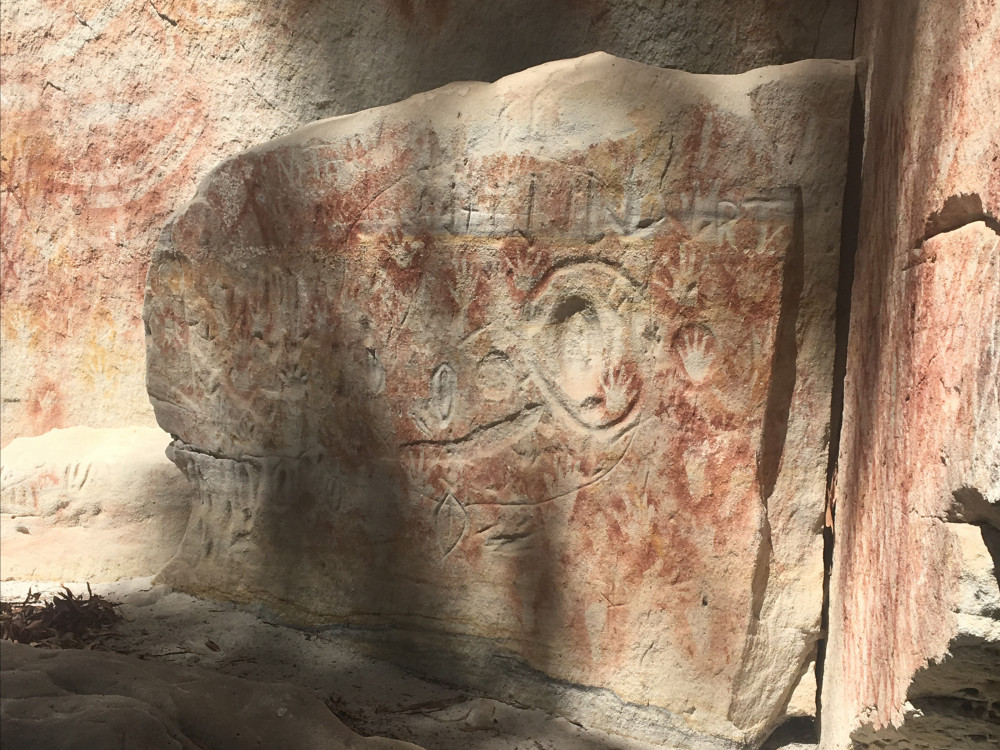main content Australia: Biology
Australia Gallery
























| Program Snapshot | |
| Semester: | Spring |
| Offered: | Spring 2028 |
| Estimated Dates: | Mid-January to late April |
| Program Focus: | Regional Area Study with Biology Emphasis |
| Prerequisites: | Biology 110, Biology 201 and Biology 202. Students must satisfy the Words and Numbers CORE requirement before participating in an overseas program. |
| Housing: | Varies throughout the program |
| Spring 2024 Program Leader: |
Tamily Weissman-Unni Associate Professor of Biology weissman@lclark.edu, 503-768-7994 |
Program Design
The four courses in this program adopt an interdisciplinary approach with focus on practical learning through excursions and field studies. The courses are not independent units, but rather each is interdependent on material covered in other courses, particularly for the Global Perspectives credits. All attempts will be made to help you integrate material across courses.
Your Australian study experience will be guided throughout by your Lewis & Clark faculty leader, Global Education Designs’ program managers and more than thirty specialists - drawn from universities, community organizations and public service bodies in Australia — who contribute to the program by sharing their expertise with you. They will be contributing to your formal learning experiences in Australia, but you will also have many opportunities to learn outside of the classroom. By visiting some of Australia’s most beautiful places and interacting with a range of people with different customs and perhaps unfamiliar lifestyles, you will have the chance to further develop your cross-cultural skills and expand your view of the world in general.
This program is designed specifically for majors in Biology. In addition to two courses that fulfill Global Perspectives general education credits, the program includes two upper division biology courses. The two courses are Biogeography and Special Topics in Biology in Australia. Both courses will count as electives for Biology.
About the Program Leader: Tamily Weissman-Unni joined the faculty of Lewis & Clark College in 2011 and is an Associate Professor of Biology and Co-Chair of the Neuroscience Program. She received her PhD in Neurobiology at Columbia University, and completed a post-doctoral research fellowship at Harvard University. She teaches courses in genetics, molecular and cellular biology, and neuroscience, and her research program focuses on brain development and disease. She runs a research lab on campus that uses microscopy approaches to visualize the living brain and nervous system in the zebrafish model organism. She has co-authored numerous peer-reviewed scientific articles with undergraduate students, who make significant contributions to the ongoing research in the lab. She has also written a recent online Scientific American article that explains how zebrafish research contributes to our understanding of human medicine. In her free time, she enjoys running, biking, music, and other outdoor and indoor adventures.
Academics
Requirements Fulfilled:
General Education - This program fulfills the Global Perspectives general education requirement for students who successfully complete 8 or more semester credits. IS 292 fulfills the Culture, Power, and Identity general education requirement.
Major Requirements: BIO 391 and BIO 393 may be applied to the Biology major.
Credits: 17 credits (4 courses)
Curriculum:
IS 290: Area Study: Australia (4 credits)
The Australian Area Studies course introduces students to the history of European settlement in Australia and the development of Australian public institutions by looking at some of the major events in Australian history since 1788. Additionally, this course examines ideas relating to nation-building and cultural identity: how the identity of the country and its people is linked to the unique physical environment of the Australian continent and how that identity is conveyed in Australian art, literature and film. Area Studies also provides an historical framework for understanding the ways in which contemporary Australian society has developed.
IS 292: Indigenous Studies (4 credits)
This course introduces students to the world’s oldest living culture, emphasizing the diversity and dynamic nature of Aboriginal and Torres Straight Islander cultures. With a high proportion of the teaching provided by First Australians, this course focuses on Indigenous perspectives and highlights the continuity that exists between millennia-old traditions and ‘modern’ lifestyles, while not ignoring the serious challenges faced by many Indigenous Australian people as a result of European invasion and colonization. A vital component of this course is a five-day camp, where students will have the unique opportunity to learn directly from Aboriginal and Torres Straight Islander teachers in an immersive context.
BIO 393: Biogeography (5 credits)
Field centered study of patterns of species diversity in the context of their geological and evolutionary history. The focus will include terrestrial and marine organisms spanning many regions on the Australian continent and Tasmania. Experts on geological history, ecological regions, and particularly interesting lineages will guest lecture.
BIO 391: Special Topics in Biology in Australia (4 credits)
Taught by the faculty leader of the Australia: Biology overseas program, this course will focus on a topic within the leader’s discipline and expertise. The course will make use of Australian resources and will incorporate field work and site visits. Topics will vary by year and leader.
For the Spring 2024 program, the topic is “Sensory Biology” taught by Tamily Weissman-Unni, and the course will focus on vision, particularly color perception in multiple animal species across Australia, with a comparison to species on other continents. We will consider how the eye (or equivalent) is structured and functions at the cellular level to provide light information to the brain (or equivalent nucleus or structure). We will also consider the neural mechanisms that underlie communication, seasonal changes in circuitry/behavior, and the auditory system. The course will also have a strong focus on science communication and the interactions between science and society.
Student Life
Housing:
Just as the program moves through a diverse range of environments, you too will be accommodated in a range of different accommodations, from remote and isolated beach camping, to tents in the rainforest, group lodges, motel rooms, dormitories and homestay families. At some accommodations your meals will be provided for you, while at others you will be able to shop for and cook your own meals.
When the program commences in Sydney students will be accommodated in individual College style rooms. During excursion or short trips the accommodation will often be dormitory style shared accommodation.
While in Brisbane participants will be housed with Australian families in Homestay Accommodation. Through living in homestay accommodation students will gain an understanding and appreciation of Australian culture and lifestyles. Students are encouraged to integrate themselves into the life of their host family. Evening meals will be shared with the family throughout the week and there is an expectation of engagement and exchange between family and student.
When traveling to field sites accommodations will most often be two person tents. Some remote locations will have limited facilities, no access to power, internet or phone reception.
Extracurricular Activities:
There will be two short breaks (5-7 days) in the program that will allow you time to make your own plans and explore regions of interest to you. Often these periods of independent travel will commence in Sydney and then finish in Brisbane allowing participants to travel along sections of the East Coast of Australia at their own pace.
Throughout the program there are many scheduled excursions, events, sporting games, theatre performances, museums and art galleries.
There are also a number of weekends where participants will have free time, particularly in Brisbane. They may wish to plan their own weekend adventures to explore the surrounding region, or their host family may invite them to join in family activities. In country staff will be happy to assist with suggestions once you arrive.
Cost
2023-2024 Fee Breakdown*
Total Fee (includes Tuition, Program Fee, and Health & Wellness Fee): $39,385
Tuition: $30,958
Program Fee: $8,390
Health & Wellness Fee: $37**
Included in the program fee are room/housing, board/meals, and administrative fees. Not included are airfare, passport and visa expenses, primary insurance coverage, photographs, books, immunizations, and incidentals.
*Fees are updated every February for the following academic year.
**The Health & Wellness Fee supports the operations of Wellness Services staff in delivering pre-program orientation services, as well as in providing health-related consultation regarding participant health needs. All students in the College of Arts and Sciences pay a mandatory fee of $37 per semester.
Stipend: Students will receive a stipend to cover the cost of meals and transportation costs not covered by the program fee.
Estimated Airfare (Round Trip PDX to SYD, BNE to PDX): $1,500 - $2,200
Estimated Visa Fee: $130*
Estimated Health Insurance Fee: $1,906
*This cost is for the visa alone. Depending on your travel or residency history, the Australian Government may ask for health screenings that add an additional cost to this (sometimes several hundred dollars). Please be aware of this and understand that it is out of our control and entirely up to the Australian Government.
All students participating in overseas programs are automatically enrolled in iNext, a supplemental travel insurance program. The fee for iNext is covered in the program cost. However, students are also required to have comprehensive health insurance during their time abroad. All students participating in overseas programs, both abroad and domestic, are automatically enrolled in the College’s student health insurance program. Similar to a regular semester on-campus, students participating in overseas programs may waive enrollment in the student health insurance program if they have other comprehensive health insurance (e.g., through a parent, guardian or employer) that 1) provides coverage for them in the geographic region in which they will be studying and 2) includes mental health benefits. Click here for more information regarding health insurance & overseas programs.
Program Preparation
Application Process: Applications are due one year before the start of the program. Learn more about our application process here.
Visa: Students will be required to apply for a visa in order to participate in this program. The visa process will begin during the month of October. More information will be provided upon admission to the program.
Country-Specific Health Information: Click here to view specific health information for people traveling to Australia.
State Department Country Information: Click here to visit the State Department’s Australia page.
Australia
Overseas and Off-Campus Programs is located in room 206 of Albany Quadrangle on the Undergraduate Campus.
MSC: 11
email overseas@lclark.edu
voice 503-768-7295
fax 503-768-7300
Director Blythe Knott
Overseas and Off-Campus Programs
Lewis & Clark
615 S. Palatine Hill Road
Portland OR 97219
